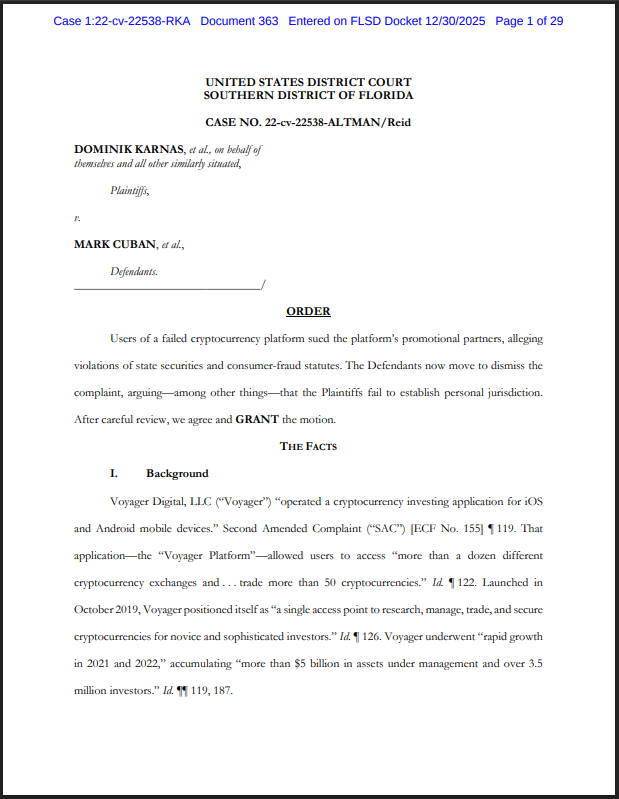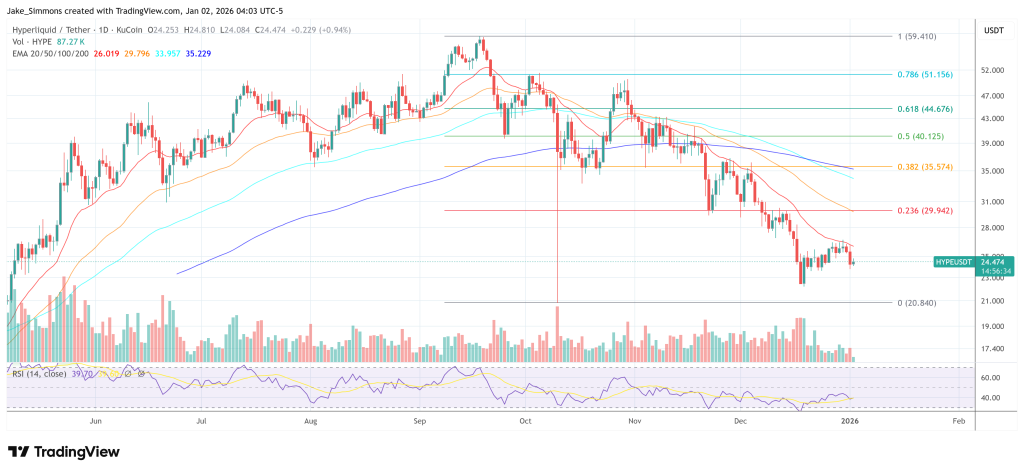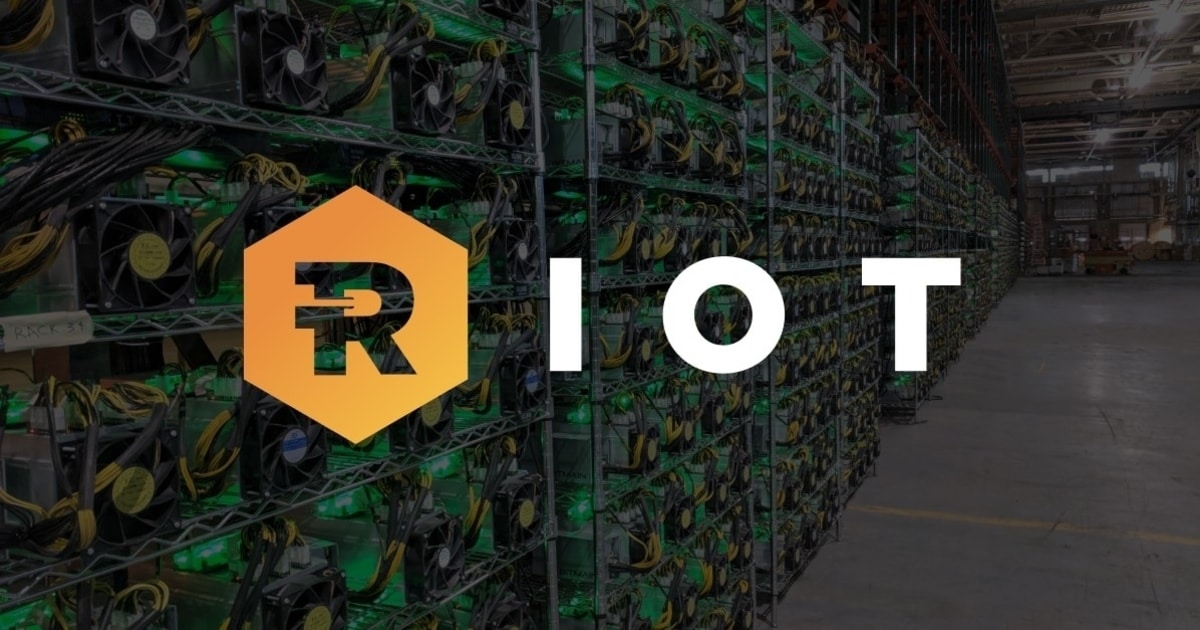Ethiopia is gradually becoming a Bitcoin mining center, thanks to its huge hydroelectric supplies and low electricity prices. Local miners are currently consuming approximately 600 megawatts (MW) of power, with further capacity expected to come online soon. With this rise in activity, Ethiopia has emerged as one of Africa’s main cryptocurrency mining destinations.
A Strategic Move
Ethiopia’s government has taken deliberate steps to create an environment conducive to Bitcoin mining. In recent months, it has struck deals to improve its digital infrastructure, including a $250 million partnership with West Data Group to create data mining and artificial intelligence capabilities.
This falls within the larger Ethiopia strategy of embracing technology toward better economic growth, especially after China’s recent ban on cryptocurrency mining, forcing many miners to look elsewhere to sustain operations.
We participated in the second @GAMA_alliance conference in Addis Ababa, Ethiopia.
Ethiopia leads Africa for deployed hashrate at 600MW with much more hashrate to come.
Luxor is looking forward to continuing to support miners in Africa with machine importation, & custom firmware pic.twitter.com/lHKcwxSpSL
— Luxor Technology
(@luxor) October 7, 2024
Ethan Vera, Luxor Mining co-founder, said that with the electricity costing about 3.14 cents per kilowatt-hour, the country is an attractive destination for miners using mid-generation hardware such as Bitmain’s S19J Pro.
These devices are not only inexpensive, but they consume fewer watts of electricity, which is also a vital factor in light of the current energy scenario of the country. The cold climate in Ethiopia has also reduced the need for expensive cooling equipment in the mining operations.
Economic Potential
This rapidly growing industry has far-reaching economic repercussions. Analysts predict that Bitcoin mining might bring to the economy around $2 billion to $4 billion. However, it is important to highlight that around half of the country’s population still does not have access to power.
This raises questions over how the government will balance the requirements of miners and civilians. The Ethiopian government has shown excitement towards Bitcoin mining as an earning resource, but there lies a question of regulatory stability.

The government is presently creating legislation to give a clearer framework for Bitcoin operations, which may help reduce some of the difficulties that miners face. However, as demonstrated in other regions, regulatory changes can occur quickly and unexpectedly.
Challenges AheadThere are positive indications related to Bitcoin mining in the country, but issues still exist. The country’s regulatory picture is still developing and several threats of government actions create anxiety among many miners. According to industry experts, the present condition may seem attractive, but no one knows whether Ethiopia will continue to encourage Bitcoin mining in the long term.
Moreover, as the government expects to attract international investment from this effort, it must provide all the energy needed by its citizens. However, as Ethiopia continues to upgrade its infrastructure and energize capacities, especially through projects like Grand Ethiopian Renaissance Dam, it must maintain a balance that will benefit both miners and civilians.
Featured image from Pexels, chart from TradingView

You can get bonuses upto $100 FREE BONUS when you:
💰 Install these recommended apps:
💲 SocialGood - 100% Crypto Back on Everyday Shopping
💲 xPortal - The DeFi For The Next Billion
💲 CryptoTab Browser - Lightweight, fast, and ready to mine!
💰 Register on these recommended exchanges:
🟡 Binance🟡 Bitfinex🟡 Bitmart🟡 Bittrex🟡 Bitget
🟡 CoinEx🟡 Crypto.com🟡 Gate.io🟡 Huobi🟡 Kucoin.





















Comments